Changing American Psychiatry: A Personal Perspective (PDF)
7 $
Delivery time: Maximum to 1 hours
Format : Publisher PDF
File Size : 9.8 MB
by Melvin Sabshin (Author)
Psychiatrists, psychoanalysts, other mental health workers, behavioral scientists, and university medical and neuroscience professionals will benefit from this articulate insider’s view of post-World War II psychiatry in Changing American Psychiatry: A Personal Perspective by Melvin Sabshin, M.D. Dr. Sabshin served as Medical Director of the American Psychiatric Association (APA) for 23 years, from 1974 to 1997, during a period of perhaps the greatest change in psychiatry since the World War II produced a dramatic modification of practice.
The author describes in detail two extraordinary periods of change, the first stimulated by laudatory efforts to understand the high rate of psychiatric casualties among World War II veterans and to provide treatment for them. Psychiatry grew quickly during the postwar years, considerably influenced by the immigration of many Central European psychoanalysts. Gradually, however, psychiatry began to weaken its ties to medicine and lost much of its public respect. By the 1970s, postwar optimism had been replaced by widespread concern that psychiatric practice was being dominated by unsubstantiated formulations rather than reliable evidence. Psychiatry was dramatically impacted by enormous pressure for therapeutic accountability exerted by a managed care reimbursement system. The profession recognized the need for a new direction and resolved to change.
In the foreword to the book, current APA Medical Director James H. Scully Jr., M.D., notes that Dr. Sabshin has woven a personal journey of the history of the intellectual conflicts and changes in the field of psychiatry in the post-war era, culminating in the remedicalization of psychiatry and the development of the DSM-III.
Dr. Sabshin encourages psychiatric professionals to change the field so it can employ an empirically based “bio-psycho-social” model that has the potential to revitalize the next phase of American psychiatry. He details how the potential for the future of psychiatry can be enhanced by today’s practicing professionals, stressing the: Need to incorporate the rapid developments of neuroscience into a professional practice that is increasingly integrated with empirically demonstrated psychological and social influences upon mental illness. Importance on continued research that is fed back into practice and keeps the professional evidence-based. Need of psychoanalysis to make its beliefs explicit, formulating hypotheses that can be tested scientifically in order to be employed reliably in evidence-based practice.
This well-crafted historical account describes how the profession has become a more respected and accountable part of medicine and how it scientific credentials have risen as a result. Dr. Sabshin concludes that the use of psychological understanding and psychotherapies must play a major role combined with psychopharmacology in the treatment of psychiatric patients.
Product Details
Publisher: American Psychiatric Publishing; February 20, 2009
Language: English
ISBN: 9781585623075
ISBN: 9781585628841
Be the first to review “Changing American Psychiatry: A Personal Perspective (PDF)” Cancel reply
You must be logged in to post a review.
Related Products
Medical Book
Practical General Practice: Guidelines for Effective Clinical Management, 8th edition (PDF)
Basic Medical Book
Electrocardiography of Channelopathies: A Primer for the Clinical Cardiologist (PDF)
Medical Book
Blaber’s Foundations for Paramedic Practice: A Theoretical Perspective, 4th edition (PDF)




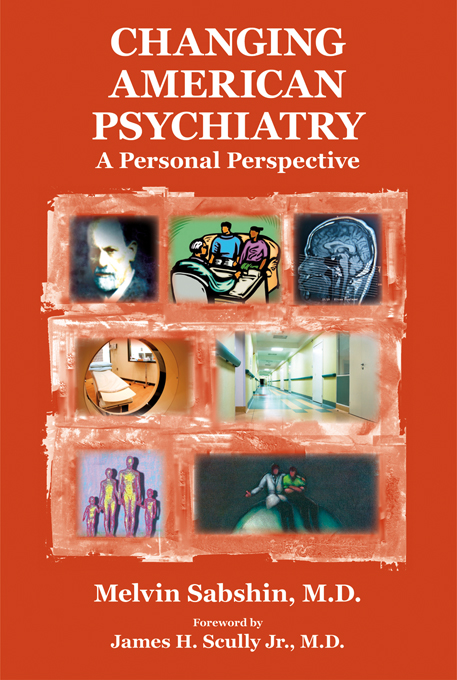











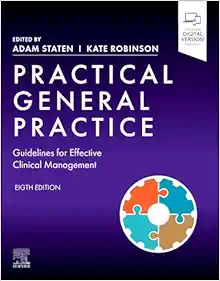
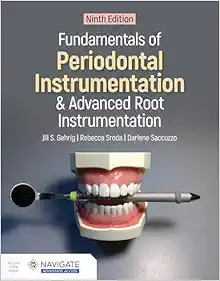

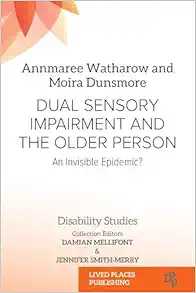
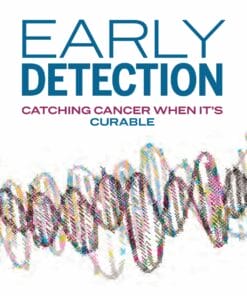
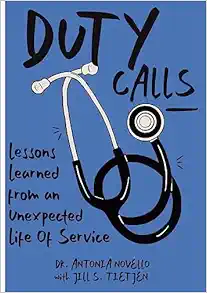
















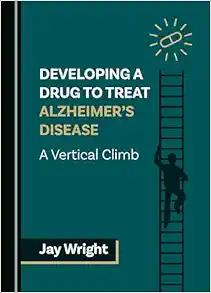



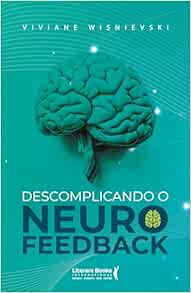










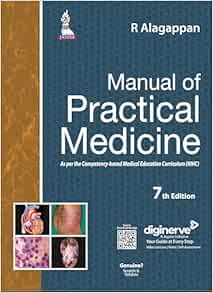
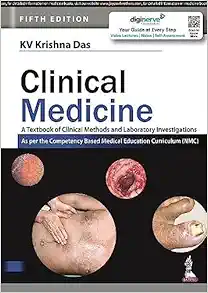
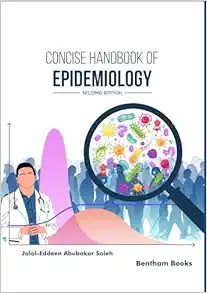
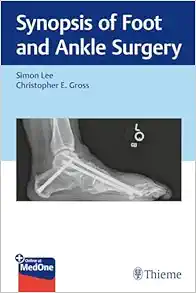
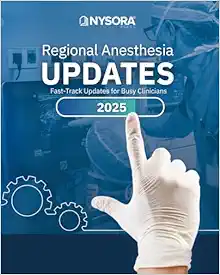






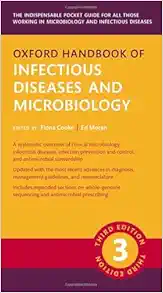

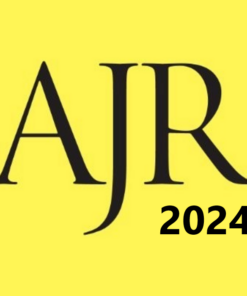

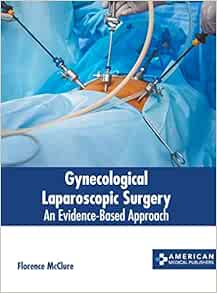


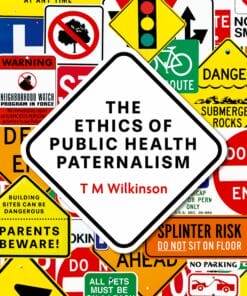
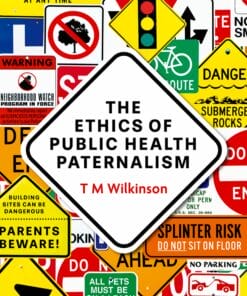




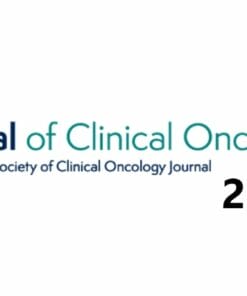

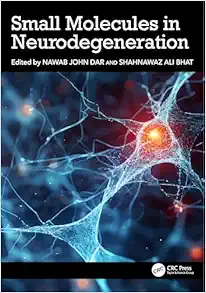
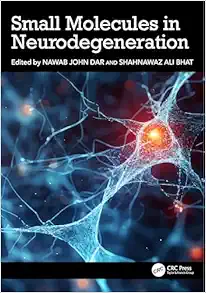
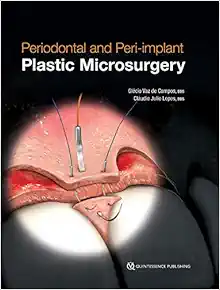


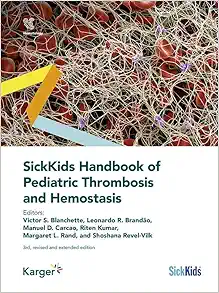
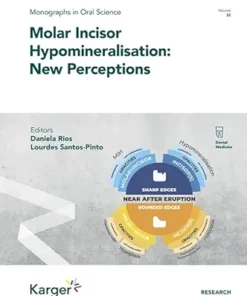
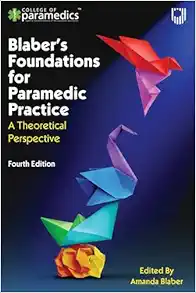
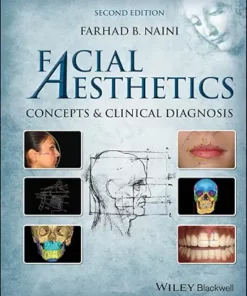
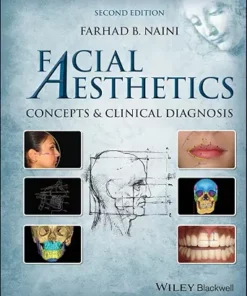

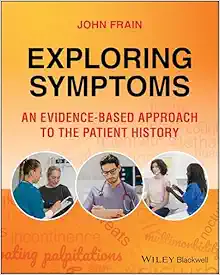




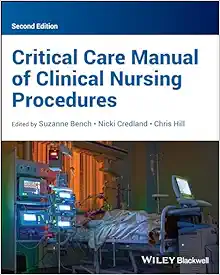








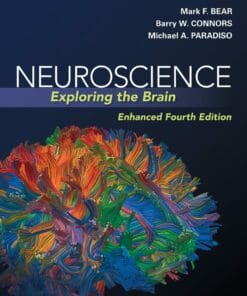
Reviews
There are no reviews yet.